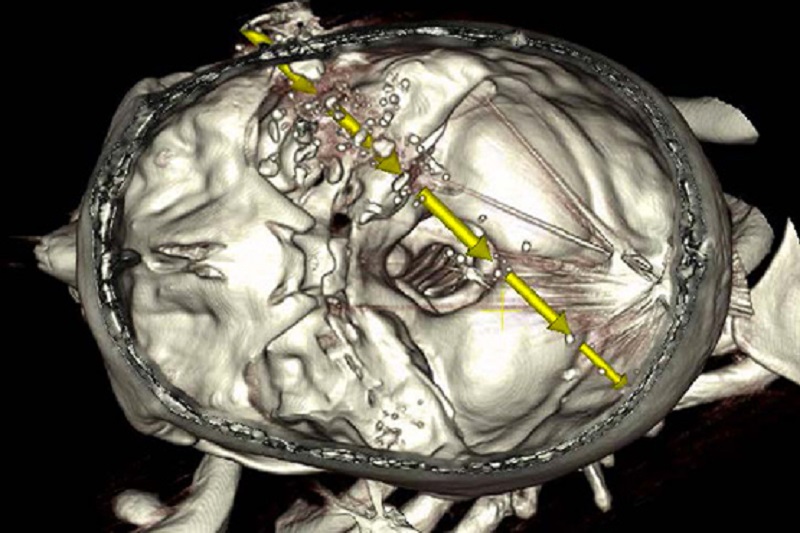
Researchers from Monash University are collaborating with an industry partner on a new technology that could fundamentally transform ballistics investigations in Australia and around the world.
According to a recent press release, the technology will use machine learning and augmented reality, which could one day help forensic investigators track bullet paths in shooting victims.
The University and the Victorian Institute of Forensic Medicine (VIFM) are collaborating with the state coroner to develop this technology.
The industry partner, an information technology and biomedical research company, has contributed AU$ 150,000 to the project, which was made possible through the Monash Institute of Medical Engineering (MIME).
The Project
The project aims to use machine learning to create a digital 3D model of human anatomy, which will include the entry and exit wounds.
This will allow investigators to do several things. These are:
- Record the trajectory of the projectile through the body
- Identify and localise projectile fragments
- May one day be able to assist in determination of projectile calibre and the range from which the projectile was fired
With further development and industry support, it could also help investigators determine the type of gun used, and if the wounds were self-inflicted or resulting from attempted homicide.
History
Ballistics in forensic medicine has traditionally involved fairly basic analytic techniques, which have not changed for a century.
X-rays to produce a 2D view of someone’s body were used before the existence of CT imaging. This made localising projectiles and fragments difficult without conducting an internal examination.
The trajectory was determined using basic techniques such as long probes to determine a projectile’s path.
Current imaging techniques, meanwhile, cannot differentiate between bullet fragments and foreign metal objects like a pacemaker or dental fillings.
Utilising technology to transform digital health and forensics
Having this new technology will allow for a 3D digital reconstruction of a shooting victim, which can be sliced in multiple planes and directions with the use of advanced computer graphics and the use of augmented reality.
Machine learning will then be applied to determine trajectory and projectile fragmentation. Moreover, it will create a 3D-printed model that can potentially be used as evidence in a court of law.
The University’s Lead for Digital Health and Professor of Practice in Digital Health in the Faculty of Information Technology shared how this project is one example of how artificial intelligence and data science were transforming the digital health and forensic spaces.
With data on the weapon and the damage it has caused in the body, the technology will be able to provide a more accurate representation of the range, distance and angle from which the bullet was fired.
The new approach would be more scientific and rigorous as compared to the way this procedure is currently performed.
Furthermore, it fits with the recent calls for improved forensic examination practices.
Looking at the big picture, post-mortems could be reduced for shooting victims since the technology has the potential to scan and analyse the body, as opposed to the body being dissected.
The technology could streamline workload and time efficiencies, and address any cultural sensitivity that may arise.
The potential for this technology to influence the speed for making clinical decisions for better outcomes could be fundamental for the sector.
















